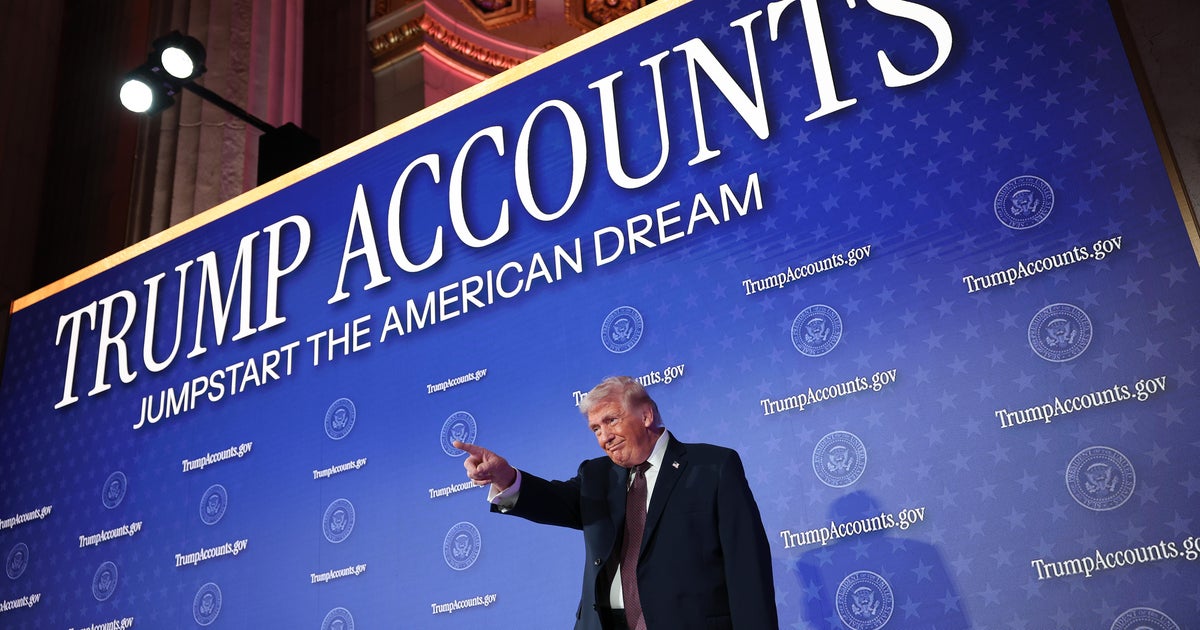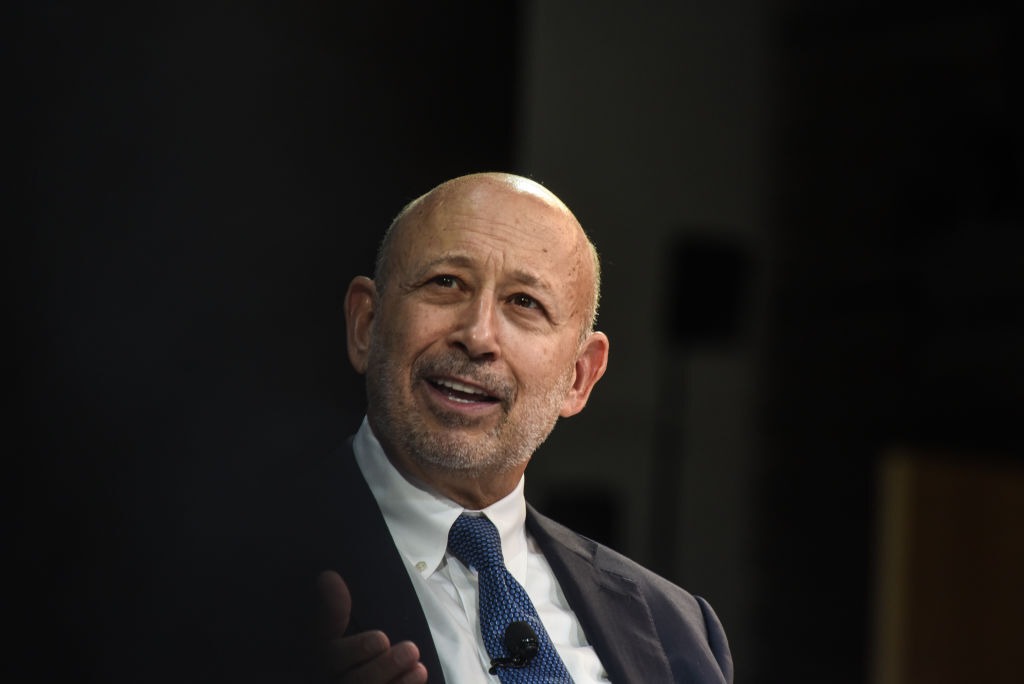Many midsize companies plan to raise prices, citing impact of Trump tariffs
Some of America's biggest companies have expressed alarm about the Trump administration's protectionist trade policies. On the ground, however, it is smaller companies who may be most vulnerable to U.S. tariffs on Chinese and other foreign goods.
Leaders at midsize companies -- those with $10 million to $1 billion in revenue -- overwhelmingly say tariffs pose a threat to their business, according to a recent survey by the National Center for the Middle Market at Ohio State University. One-third expect profits to sink as they try to absorb higher costs stemming in part from tariffs. And executives with midsize companies say U.S. consumers should be ready for something else: higher prices.
"The biggest impact is on those companies that are goods-producing or goods-moving companies -- wholesalers, retailers, manufacturers and retailers," said Thomas A. Stewart, executive director of NCMM, in an interview with CBS MoneyWatch.
While some companies, like steelmakers, stand to benefit from the president's protectionist policies, others expect to confront higher costs. In the survey, 89 percent of wholesalers, 62 percent of both construction companies and manufacturers, and 56 percent of retailers said they expect to see their costs rise. They say they'll pass the increases on to customers by raising prices in kind, the survey found.
Taken before a $200 billion tranche of U.S. tariffs on Chinese goods was imposed last month, the survey noted it takes about six months for tariffs to work their way from suppliers to shipments to shelves. That means companies, including retailers, have yet to boost prices to reflect that part of Mr. Trump's trade policy. Those price hikes will probably show up by early next year, Stewart said.
Tariffs are raising prices for companies on a wide range of goods, including some chemicals and preformed parts. "It's not just a toy made in China," Stewart said. "But it could also be a bottle holding skin lotion or the top to that bottle."
Wholesalers, in particular, could be hardest hit because they'll see higher costs "coming and going," Stewart said.
"They may be dealing with Chinese companies on the one hand and American companies on the other," Stewart said. "These guys are caught in the middle. So for them to say 'this has upset my business apple cart' isn't surprising. But boy, when you see 62 percent say the impact will be negative and 8 percent say it will be positive, that's almost eight-to-one. Wow."
Drill down deeper, and concern is especially acute for companies with $50 million to $100 million in revenue, Stewart said. For all the companies surveyed, 35 percent overall expect tariff impacts to be negative. But in the $50 million to $100 million group, 45 percent say the impact is negative.
"So that's nearly a third higher. Ten full percentage points higher. Why? That's the question," Stewart said.
One theory: Companies with less than $50 million in sales may be more locally focused and less likely feel the pain of tariffs directly. Those with more than $100 million in revenue may have better flexibility when dealing with global markets and suppliers -- like moving a factory from one country to another. But companies in the $50 million to $100 million group may have less flexibility in trying to shift production or passing along a price increase to customers, Stewart said.
Still, even larger companies in the group are grappling with how to manage higher costs. Take Valley City, Ohio-based Shiloh Industries, which makes parts lighter for the auto and other industries. Shiloh, whose biggest customers include GM and Fiat Chrysler, had about $1 billion in sales in 2017, according to a regulatory filing.
"While we expect to be relatively protected from the negative impacts of the tariffs, the same cannot always be said for our customers," Ramzi Hermiz, Shiloh Industries CEO said during its third-quarter earnings call with investors last month.
Hermiz said the company is working with its customers by using laser welding technology to cut their consumption of steel or aluminum. That tempers raw material price increases, Shiloh told investors.
Overall, between 42 percent and 50 percent of companies in the NCMM survey said they plan to renegotiate terms with suppliers or find new ones.
The NCMM's findings are backed up by others released this month.
A Kansas City Fed survey said more than 52 percent of respondents reported more "input/output price pressures" because of tariff changes. Some companies are passing them along to their customers by raising prices, according to those quoted anonymously in the Fed survey.
"Our clients can go to Mexico and get products without tariffs even though they bought the same exact material from the same exact sources as we did, while we are paying 10 percent to 25 percent more for material," one company said.
A Dallas Fed survey last week mirrored those comments from companies. One food company said "new tariffs on materials coming from China will start making an impact in November, increasing the prime costs of our products."
And a National Association for Business Economics survey this month showed that 46 percent of goods-producing companies raised prices and 38 percent delayed investments in part because of the tariffs, up from the July figures.



